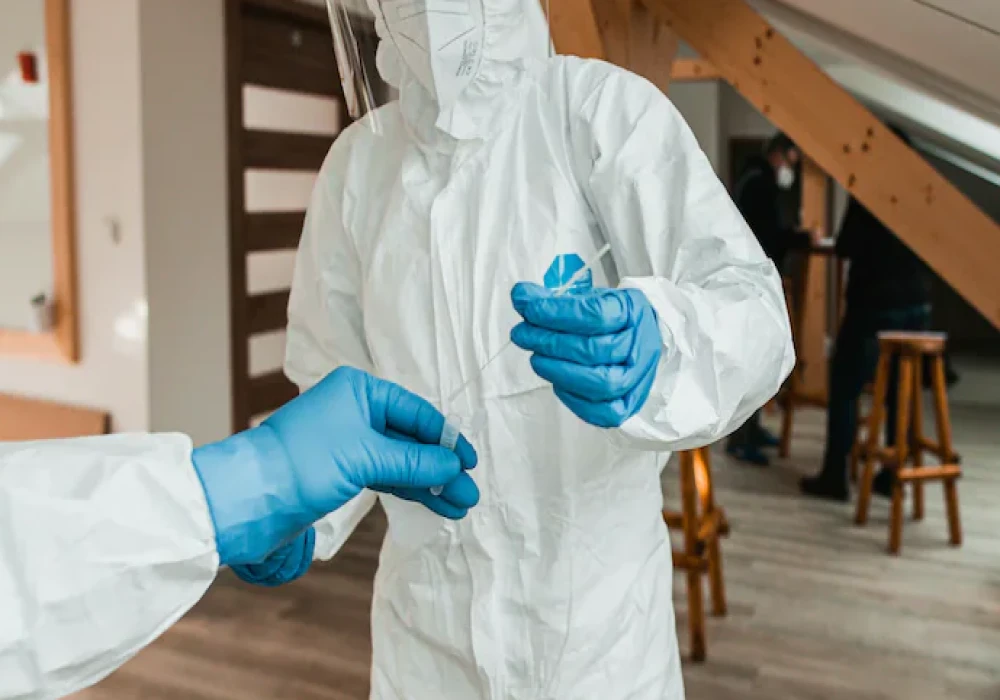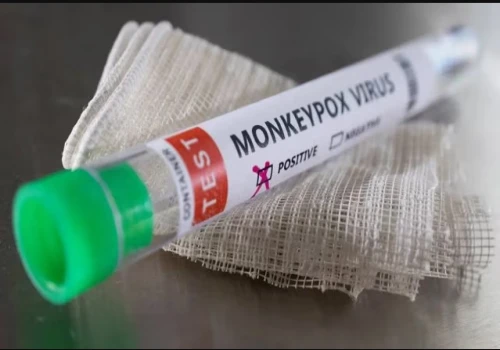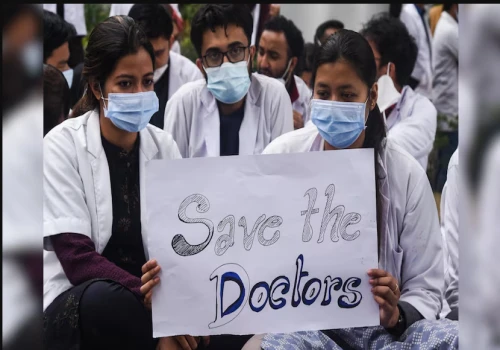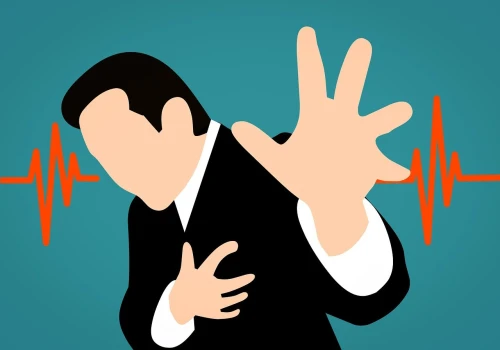
HMPV is a respiratory virus that typically causes flu-like symptoms. It is more prevalent during the winter and early spring seasons. While it often manifests as a mild illness, certain populations are at a higher risk of severe complications.
Symptoms of HMPV
The symptoms of HMPV closely resemble those of the flu or a common cold. These include:
- Cough
- Fever
- Nasal congestion
- Sore throat
- Shortness of breath
The virus spreads through respiratory droplets when an infected person coughs, sneezes, or comes into close contact with others. The estimated incubation period is 3–6 days, and the duration of illness varies based on the severity of the infection.
Who Is at Higher Risk?
Certain groups are more vulnerable to severe illness caused by HMPV. These include:
- Young children: Their developing immune systems make them more susceptible.
- Older adults: Aging weakens the immune response, increasing the risk.
- Individuals with weakened immune systems: Conditions such as cancer, HIV, or treatments like chemotherapy reduce immunity, making infections harder to fight.
Potential Complications of HMPV
While HMPV often results in mild symptoms, it can lead to serious complications requiring medical intervention. Some of these complications are:
- Bronchiolitis: Inflammation of the small airways in the lungs.
- Bronchitis: Inflammation of the larger airways in the lungs.
- Pneumonia: Infection causing inflammation in the lung tissue.
- Asthma or COPD flare-ups: Exacerbation of pre-existing respiratory conditions.
- Ear infections (Otitis Media): Secondary bacterial infections of the ear.
Prevention Tips
Although there is currently no specific antiviral therapy or vaccine for HMPV, adopting certain preventive measures can significantly reduce the risk of infection:
Personal Hygiene Practices
- Frequent Handwashing: Wash hands with soap and water for at least 20 seconds.
- Avoid Touching Face: Do not touch your eyes, nose, or mouth with unwashed hands.
Respiratory Hygiene
- Cover Coughs and Sneezes: Use a tissue or your elbow to prevent spreading droplets.
- Wear Masks: Especially in crowded places or around sick individuals.
Isolation and Care
- Avoid Contact with Sick People: Stay away from those showing symptoms of respiratory illness.
- Self-Isolation: If you are sick, stay home to prevent spreading the virus to others.
Current Situation in China
Reports from China indicate that hospitals are overcrowded with patients suffering from HMPV and other respiratory illnesses. Social media posts suggest that crematories are overwhelmed, reflecting the severity of the situation. However, no official statement confirms the declaration of a state of emergency.
This outbreak emphasizes the importance of global vigilance against emerging infectious diseases. Public health authorities and individuals alike must take proactive steps to limit the spread of respiratory illnesses.
Wrapping Words
The outbreak of HMPV in China serves as a stark reminder of the ongoing challenges posed by respiratory viruses. While the symptoms of HMPV often mimic those of the common cold, its potential to cause severe complications, especially in vulnerable populations, cannot be ignored. By adopting robust preventive measures and staying informed, individuals can protect themselves and contribute to controlling the spread of this virus.



_500_x_350.webp)






